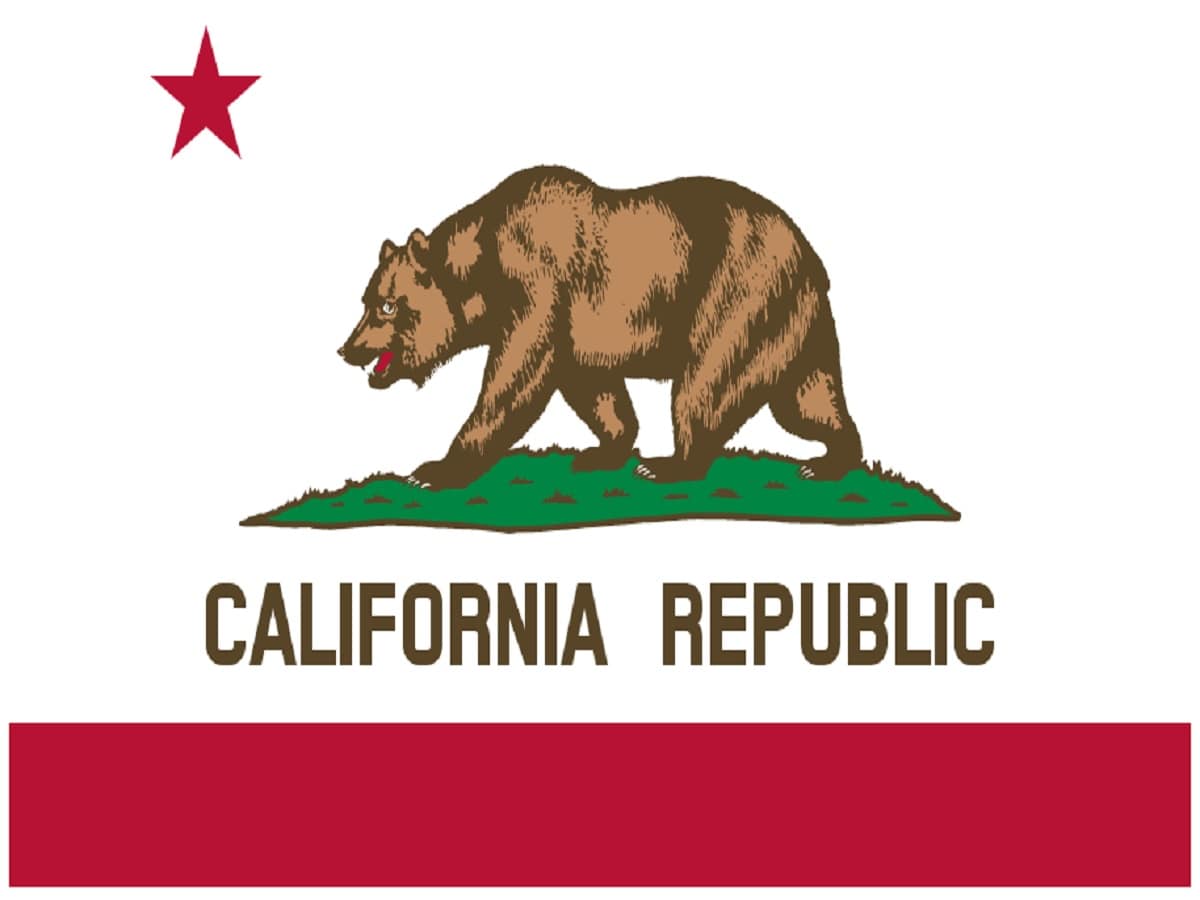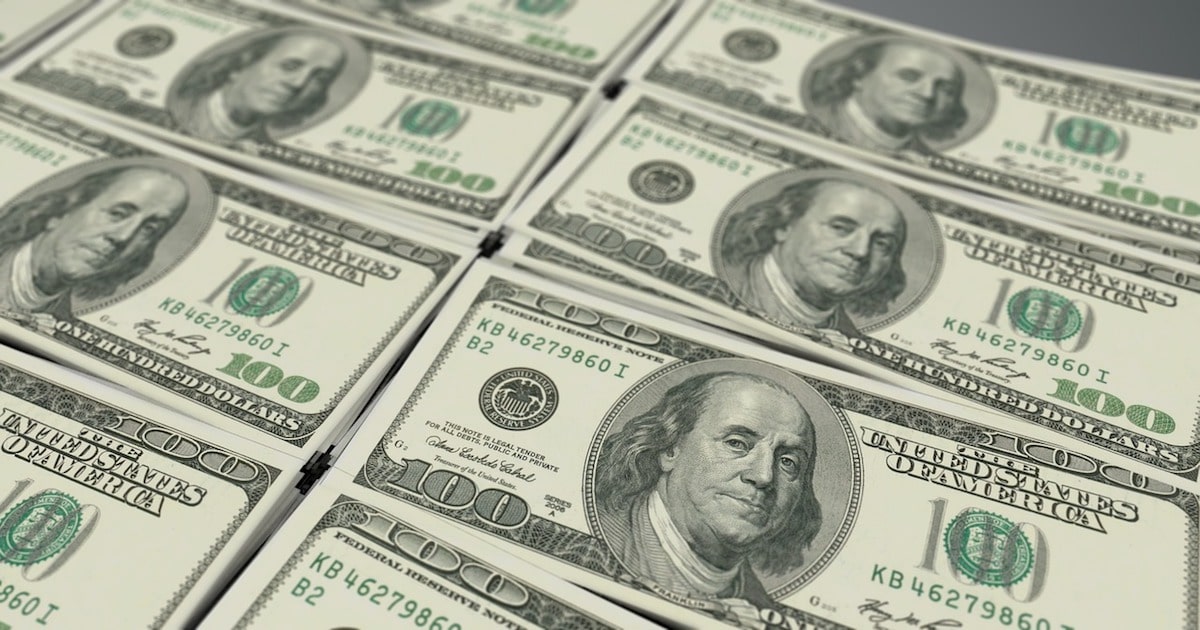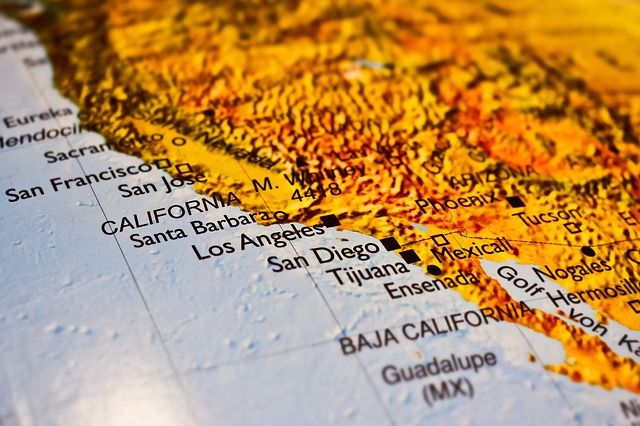
San Francisco Chronicle: Vote No on Local Cannabis Tax

San Francisco Chronicle: Vote No on Local Cannabis Tax
Voting to legalize, regulate, and tax cannabis at the statewide ballot box is just a part of the political battle for the California cannabis community, and any state that has or will end prohibition within its borders. With strong support among voters across demographics, passing a legalization measure is much easier than implementing the most effective regulatory policies, as the cliche goes, the devil is in the details. One of the major details is how much to tax cannabis and at what levels. Taxing cannabis does generate revenue for important social programs, but too high of a tax will see diminishing returns as price-conscious consumers turn to cheaper prices on the unregulated market.
Proposition D is one of over 80 marijuana measures on the 2016 California November ballot. The tax proposal would impose a 1-5% tax on the gross receipts on adult-use cannabis sales in San Francisco. The San Francisco Chronicle wisely understanding the need to keep prices low and to let the burgeoning cannabis industry breathe a bit (the state hasn’t even started issuing annual retailer licenses yet), before implementing a new local tax, urges voters to oppose a local tax and vote “NO” on Prop D:
Cannabis may be a moneymaker for local government, but enacting an extra tax in Prop. D could drive consumers to the black market, which legalization aimed to end. The city controller predicts proceeds of $2 million to $4 million at first, growing to as much as $16 million in three years.
There’s another ingredient in Prop. D: a gross receipts tax on internet retailers with San Francisco customers that could reap an unknown amount of money. Under a Supreme Court case, the city can seek taxes on out-of-state firms selling goods here, an untouched market until now. Prop. D would allow collection of these taxes.
The mix of tax policies is confusing. Higher rates on cannabis should wait until regulations and legal issues are resolved. Vote no on D.
California’s cannabis prices at regulated stores are already too high to most effectively with the vast amount of unregulated cannabis available in the Golden State. Over time, California may find the right balance, but the business environment is a little too tumultuous currently. Let the Bureau of Cannabis Control issue its first annual retailer licenses and give those licensees time to gain their footing before imposing new taxes on cannabis.
While finding the best tax and regulatory systems can be challenging, the positive is that there is time to get the policies rush, California, and other states don’t need to be in a rush. Policymakers, regulators, and voters should be like the best industry participants-in it for the long haul. Those in the industry, or thinking of joining, will have the opportunity to discuss the current and future status of the California cannabis industry with top regulators, investors, and entrepreneurs at the International Cannabis Business Conference in San Francisco on February 7-8, 2019. Purchase your early-bird tickets by January 18th to save and secure your position before the event sells out.
Share article


Share article
Join Our Awesome Community
Join Our Awesome Community
Join Our Awesome
Community
Get all the latest industry news
delivered to your inbox






